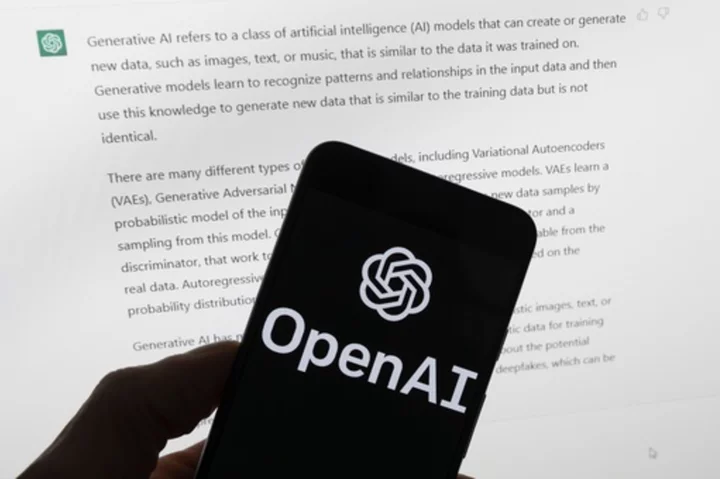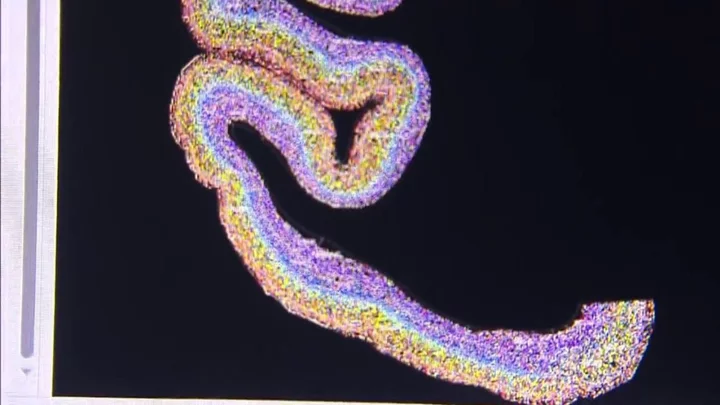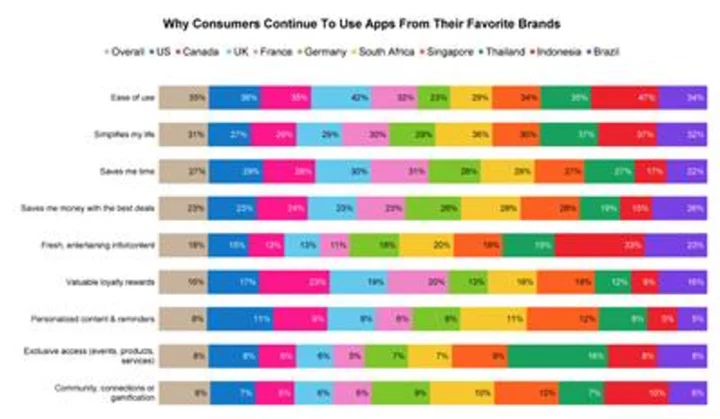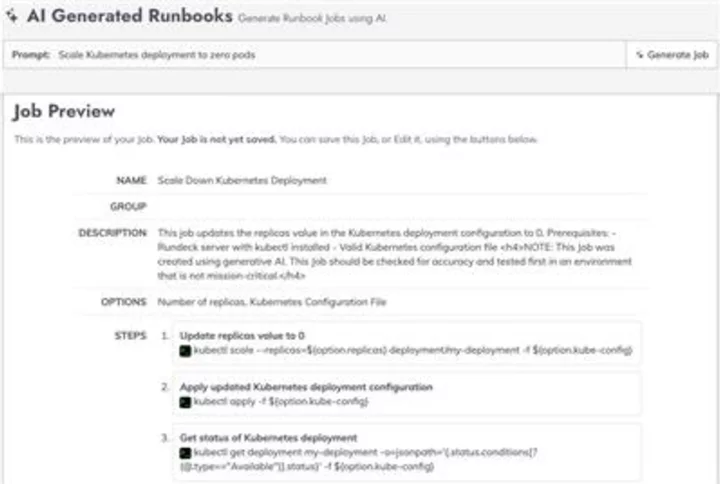NEW YORK (AP) — Several news organizations, writers and photographers groups are pushing to be involved in creating standards for the use of artificial intelligence, particularly as it concerns intellectual property rights and the potential spread of misinformation.
In an open letter sent on Wednesday, they outlined priorities for setting rules on the technology, which is developing faster than regulators can keep up with.
“We ... support the responsible advancement and deployment of generative AI technology, while believing that a legal framework must be developed to protect the content that powers AI applications as well as maintain public trust in the media,” the organizations said.
The letter was signed by The Associated Press; Gannett; the News Media Alliance, which represents hundreds of publishers; Getty Images; the National Press Photographers Association; Agence France-Presse and others.
The organizations want to make sure intellectual property owners maintain their rights when AI operators use material for training. The AP last month made a deal with ChatGPT-maker OpenAI to license the news agency's archive of news stories.
The letter also calls for artificial intelligence companies to take specific steps to eliminate bias and misinformation in the material it produces. In particular, photographers are concerned about the ability of artificial intelligence to create false images.
Seven U.S. companies that are leading AI developers agreed in July to voluntary safeguards set by President Joe Biden's administration for building their technology, but the commitments aren’t enforceable and don’t touch on intellectual property concerns.









